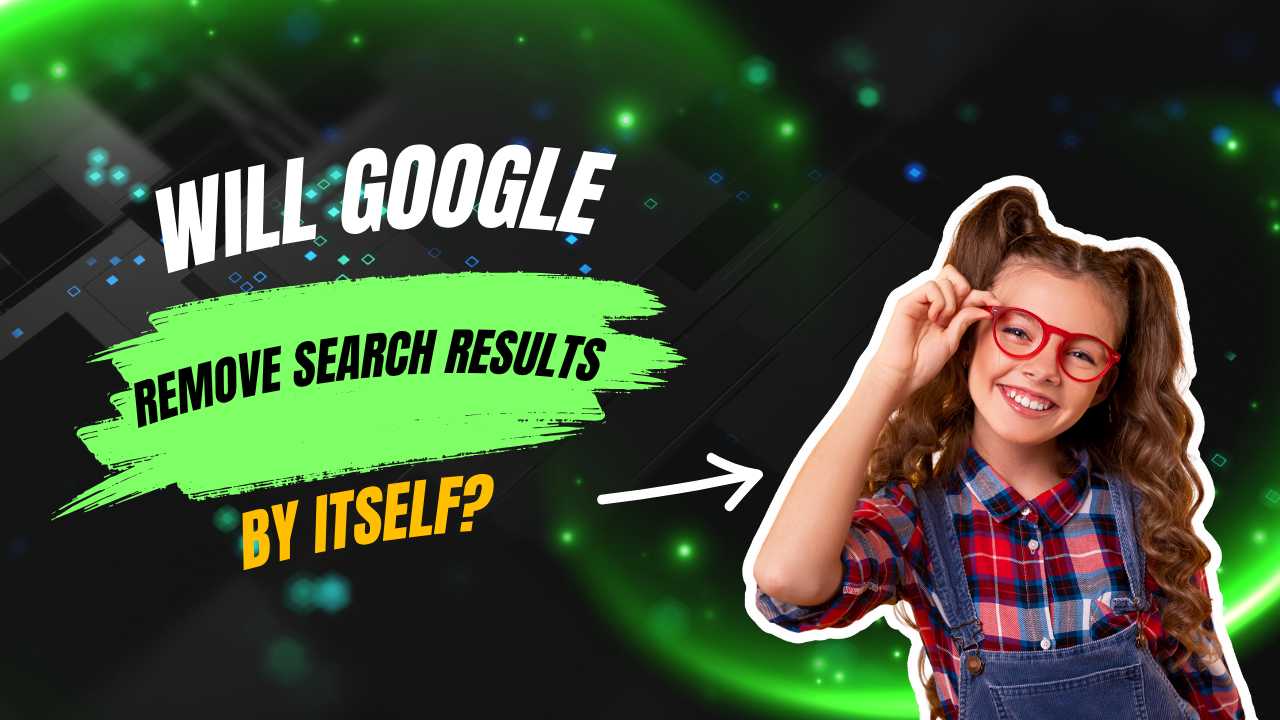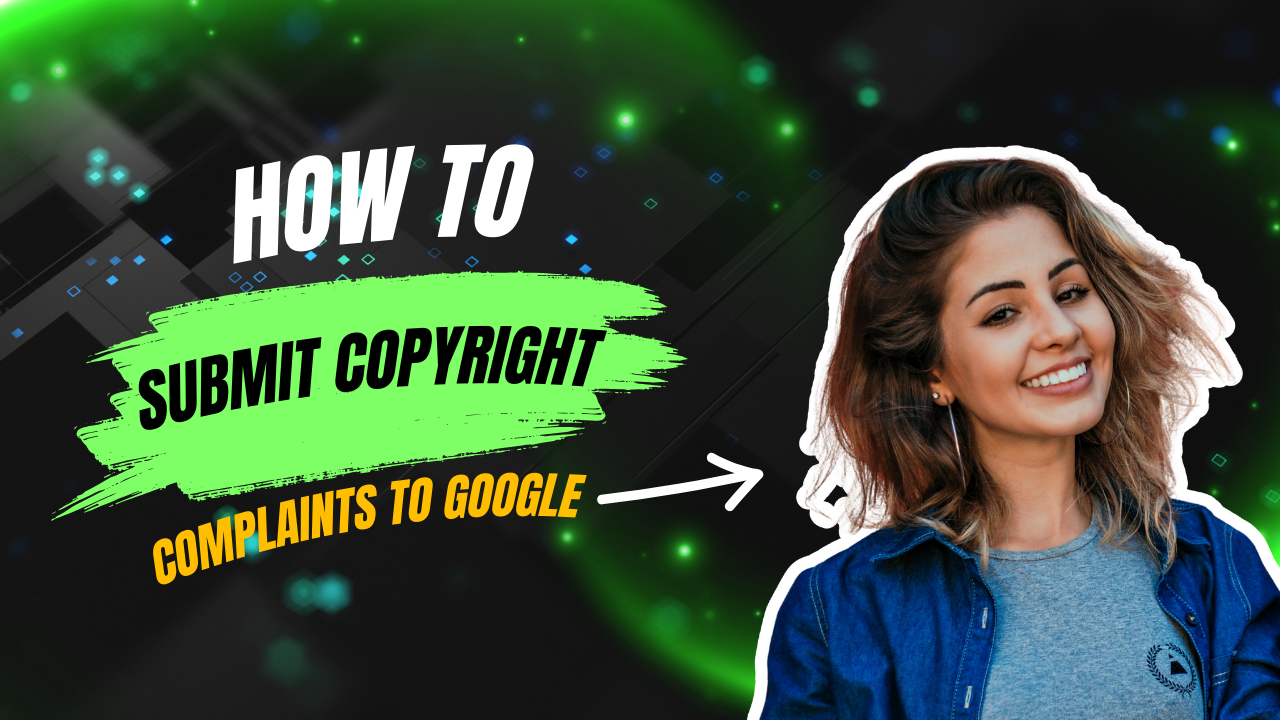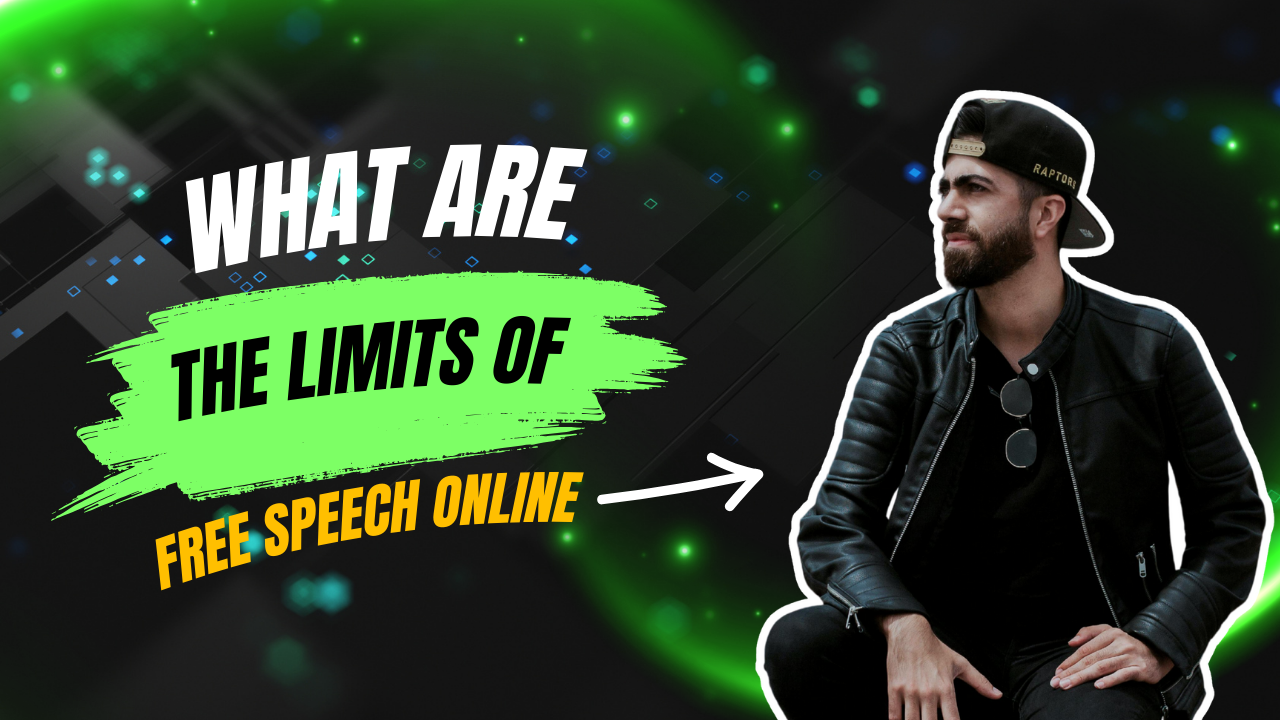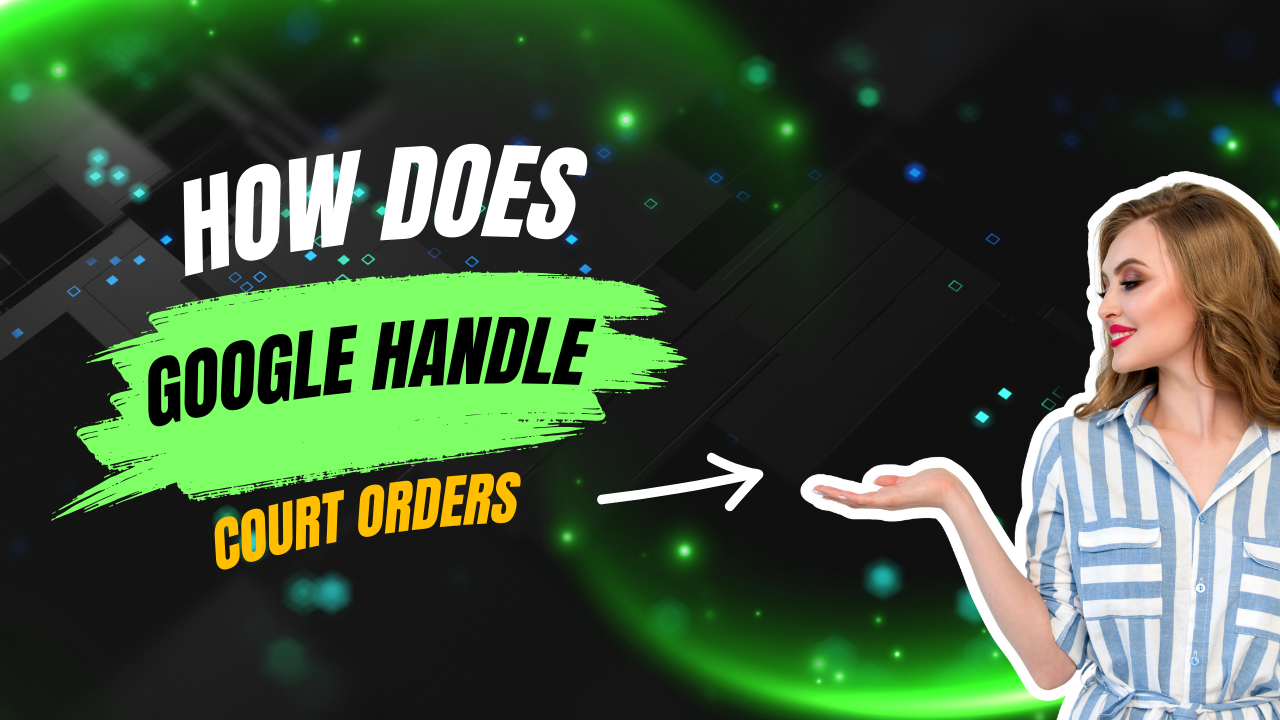If something damaging appears in your Google results, your first instinct might be to ask: can I get this taken down without the original site being involved?
The short answer? Yes — but only in certain cases.
Let’s break it down.
More DB Insights: How to Remove Google Search Results
Google Doesn’t Always Need the Site’s Permission
When you submit a removal request to Google, they don’t automatically notify the site that published the content. In many cases, your request is reviewed by Google alone, based on its policies — not the publisher’s stance.
But the type of content matters.
What Can Be Removed Without Publisher Involvement?
1. Personal Info and Privacy Violations
If your home address, phone number, ID number, or other sensitive data appears, Google may remove that info from search without alerting the site.
In many of these cases, the page stays live — it just won’t appear in search anymore.
2. Legal Issues
For things like revenge porn, impersonation, or sealed court records, Google handles requests privately. If they approve it, the result gets scrubbed from search, no publisher input required.
This also applies to valid copyright claims and defamation orders backed by a court ruling.
3. Outdated Pages
If a page has been deleted or changed, but still shows the old version in search, you can request Google to clear the cached version. This doesn’t require any action from the publisher.
When the Publisher Does Matter
If the content doesn’t break any of Google’s rules — even if it’s harmful — removal usually isn’t possible without the publisher.
In those cases, your options are:
- Requesting removal or a “noindex” tag directly from the website to de-index the page
- Using SEO suppression to push the content down in search
Google doesn’t get involved in disputes over accuracy, fairness, or reputation unless there’s a legal or policy-based reason.
So, What Should You Do?
If the content clearly violates privacy or legal guidelines, submit a request to Google. You don’t need the site’s permission, and they likely won’t be notified.
But if it’s something like bad press, public complaints, or negative reviews, the site controls the content — and you’ll need to work with or around them.
That’s where ReputationDB comes in.
We help people understand which content qualifies for removal, and we handle the full process — from Google requests to publisher outreach to SEO suppression.
Need help figuring out where you stand? Request a free assessment and get clear answers fast.




